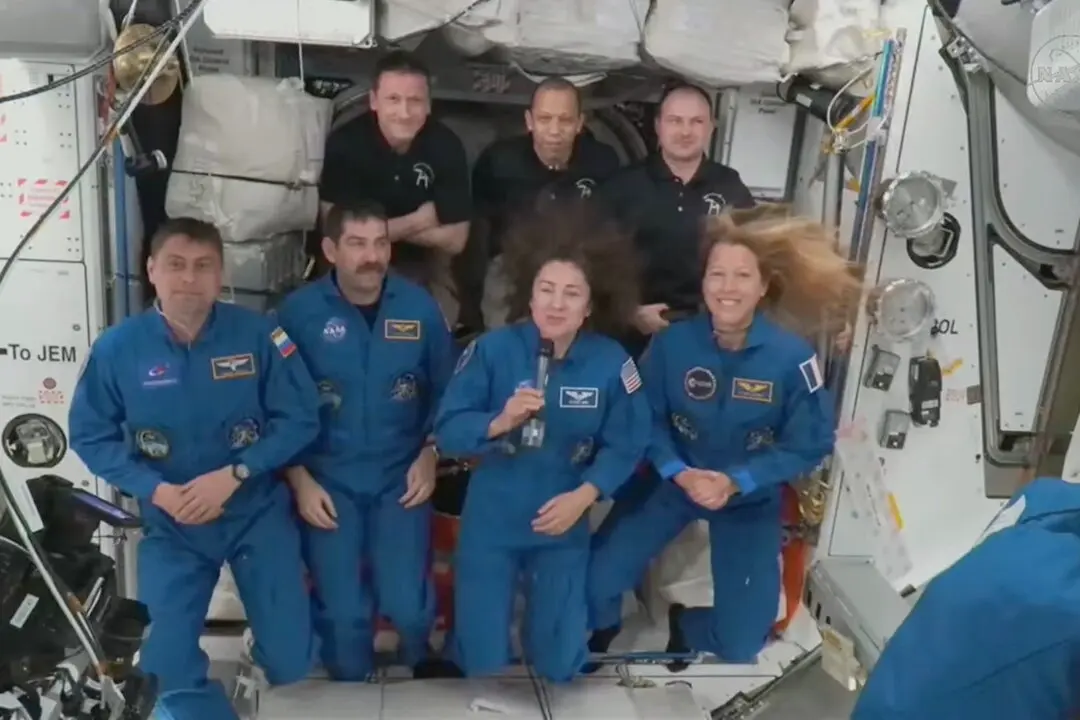TAMPA, Fla.—A new bill moving through the Florida Legislature could give pesticide manufacturers protection from liability if their product is already approved and in line with Environmental Protection Agency (EPA) regulations.
HB 129 is intended to be added to the already extensive statutes of Florida Pesticide Law, prohibiting pesticide-related liability action “for failure to warn if the pesticide’s label meets specified conditions.”





